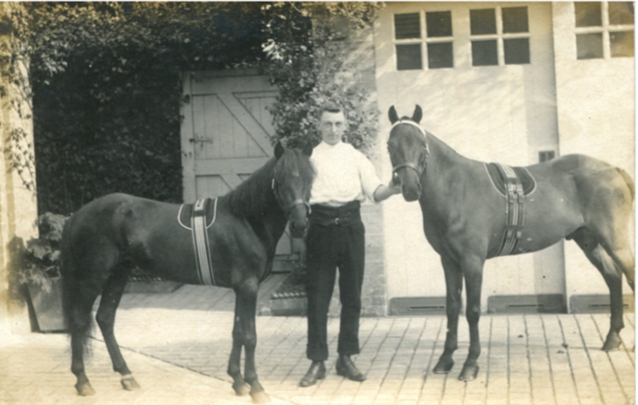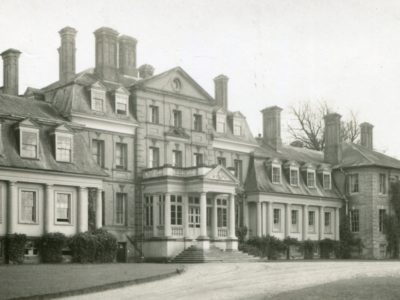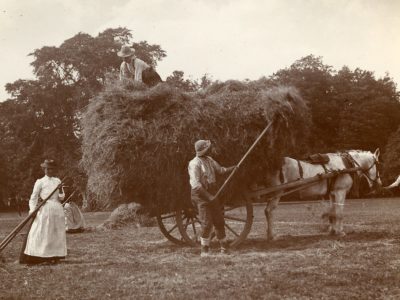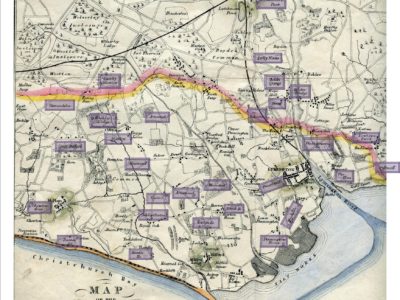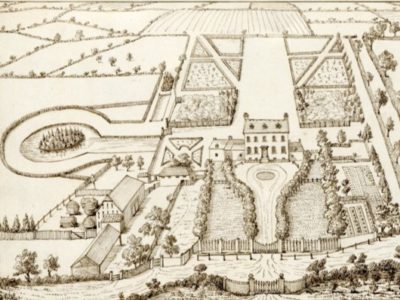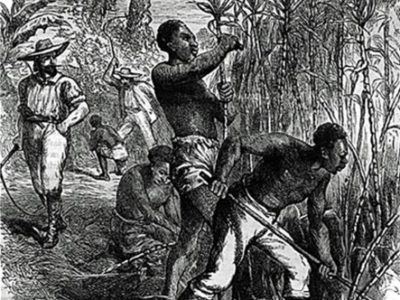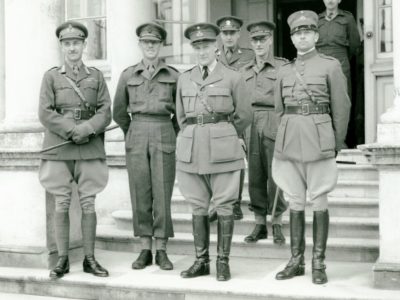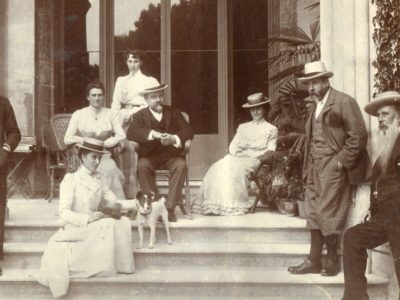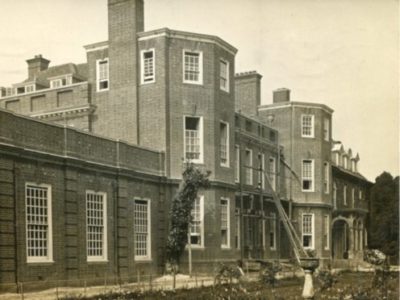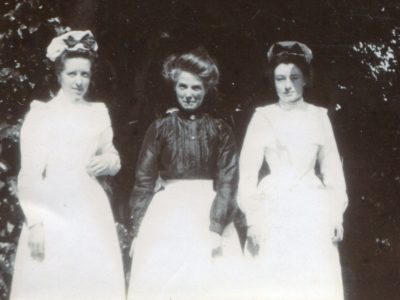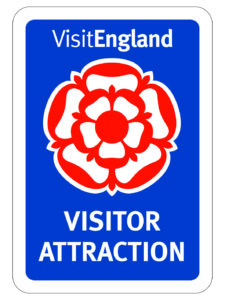The country house was an administrative centre for the estate lands which surrounded it. The land was generally tenanted rather than farmed directly and therefore brought income in the form of rents, apart perhaps from the Home Farm which would have supplied the house with meat, fruit and vegetables. Originally the tenant farmers were part of the household and would have expected to eat at the lord’s table and receive his hospitality. As class distinctions became more pronounced and owners started to value their privacy, the farmers were restricted to the servants’ quarters.
In the later 18th century, many landowners became involved in improving agricultural practices with land drainage schemes, enclosures, crop rotation and selective breeding. This increased food production and doubled the rents, bringing landowners greater income. However, it also displaced many labourers who had formerly eked out their living on common lands, which were now enclosed and in private ownership. In Sway, for example, the Bond estate took over the vast majority of common land in the area. However, by the end of the 19th century, with the agricultural slump, estate owners were receiving a very poor return and many had to sell off outlying farms to keep themselves solvent.
In addition to farms, many estates included land for game shooting which was an important sport, as well as providing food for local poachers. Gentlemen would shoot on their own estates or visit their neighbours. The gamekeeper who cared for the birds would be helped by other estate workers and even local children when it came to the day of the shoot.
Estates continued to hold traditional celebratory meals for their workers either to mark a festival such as Christmas or harvest time or for an event such as the birth of an heir, a wedding or an election. These events can trace their origins back to the Middle Ages and though casual entertaining had stopped, the 19th and 20th centuries saw a slight resurgence in such events with the fashion for ‘olde English hospitality.’


